Owing to the Covid-19 pandemic, the year 2020 substantially constrained and undermined our geographical mobility. For good or bad, our ability to switch horizons, climates, continents and societies was severely curtailed. The frustrating situation prompted travelogue writers like myself to look into personal untapped travel archives to feed their publications.
The current post was documented in a small fishing village located on the eastern shore of Madagascar. This happened in 2016 and 2017, shortly before and after my wedding with Marthe in the nearby Sainte-Marie Island. A special place in a special moment indeed.
I am glad about the time elapsed between the shooting and the publishing of my photographic materials. It allowed me maturing my feelings about the experience, my vision about the way to share it as well as my post-processing techniques.
The village is built on a low-land peninsula bathed by the Indian Ocean. It only connects with the main island of the Madagascar archipelago with a narrow and sandy stretch of land. The peninsula is not only surrounded, but also pervaded by water through intimate mangrove and river ecosystems.
Such geography constitutes a privileged base of traditional fishing, as it allows taking stock of the full variety of water currents and sea life surrounding the peninsula. Across a sea channel, the touristy Sainte-Marie Island provides less fishing opportunities than the humble village.
Fishermen
Traditional fishing represents not only the main economic activity in the village. It defines the raison d’être, the type and the size of the human settlement. It profoundly shapes the local social life, defining activity peaks as well as resting and festive periods.
Traditional fishing is carried out aboard small wooden pirogues, using a variety of tools and techniques such as nets, traps, harpoons, angling and trolling. It taps into sea life for food and trade purpose. Local families complement their fishing incomes with rice, vanilla and livestock farming.
Traditional fishing is a dangerous job, as every year takes its human toll amongst local fishermen. Recent times had added various largely man-made threats. The Indian Ocean tides nibble the soft sand coast of the peninsula. The growing number and intensity of the cyclones hitting the peninsula from the Ocean severely damage the local vegetation and farming lands. Industrial fishing boats operate close to the shores in order to tap into the rich halieutic resources.
I love this place. To start with, I celebrated my engagement with Marthe and spent weeks with my in-law family in this location. Furthermore, I acquainted myself there with a number of exotic activities such as net fishing, pirogue paddling and vanilla farming. What best location to be in the current Covid-19 and winter times. If you agree, jump aboard and enjoy!
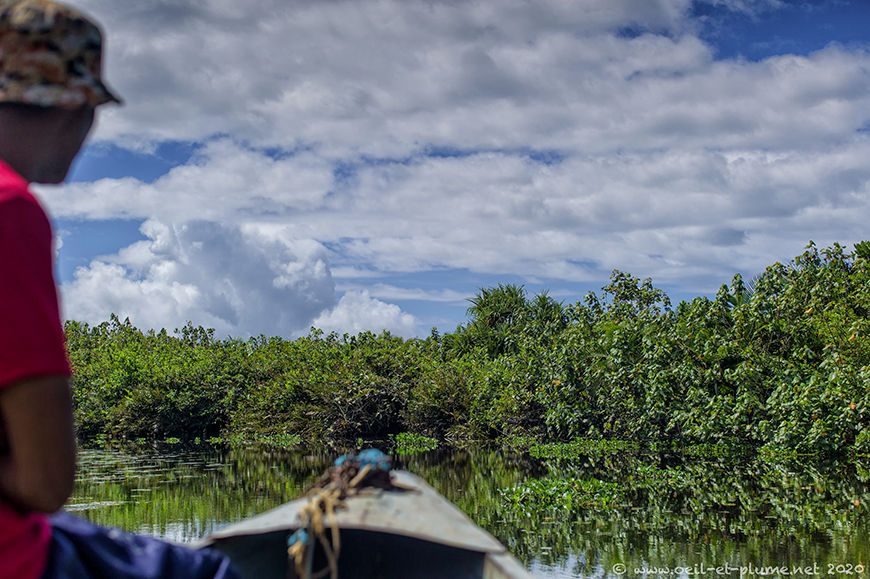
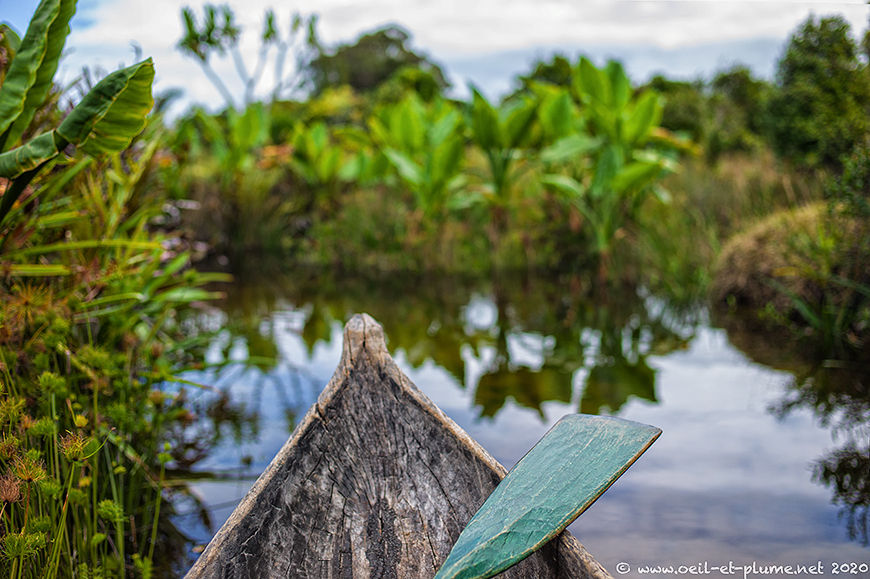
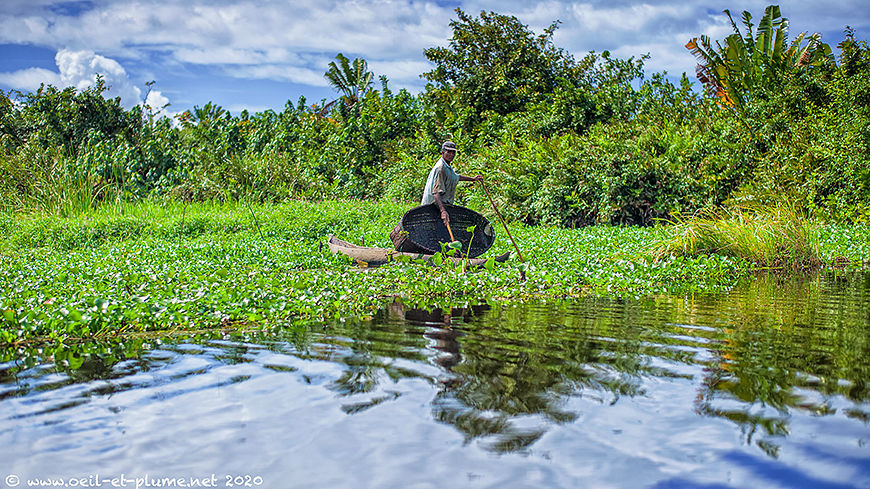
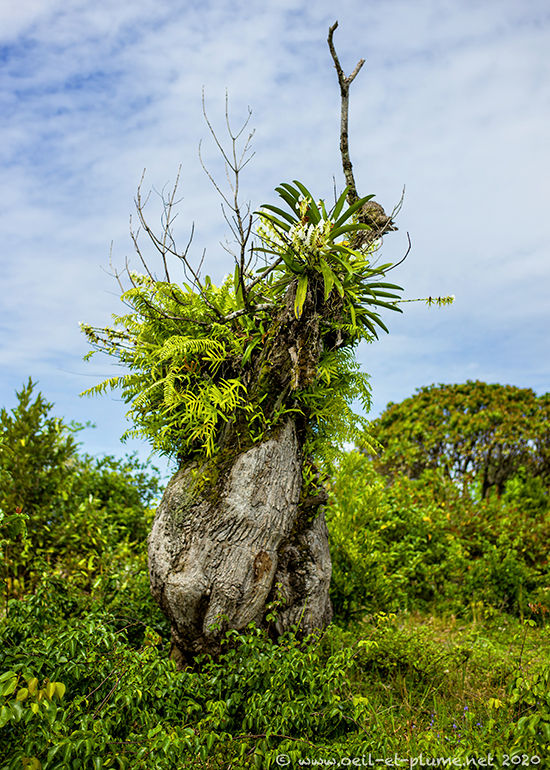
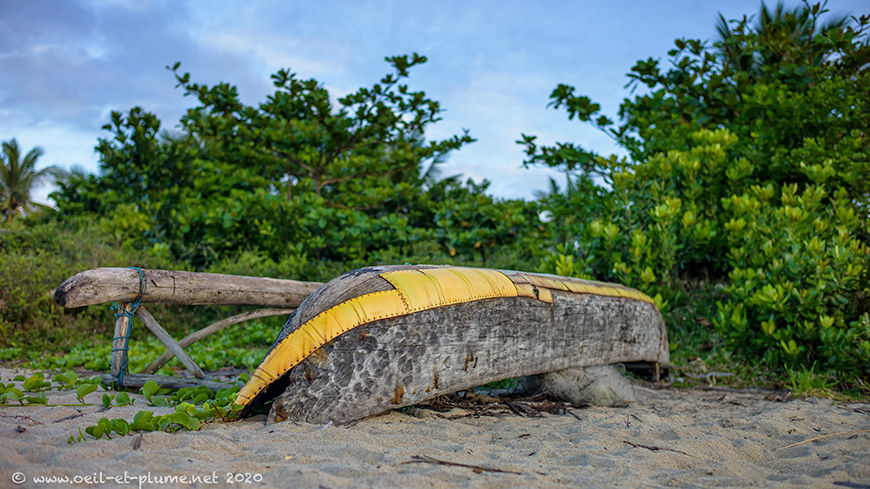
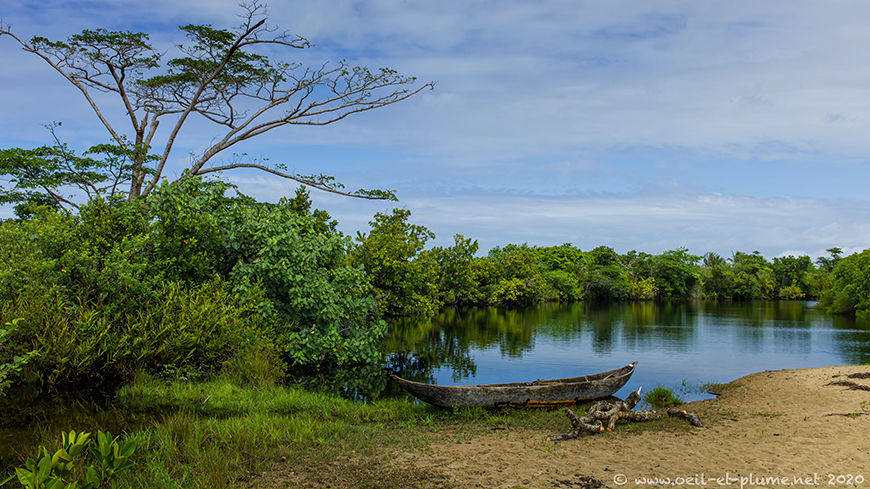
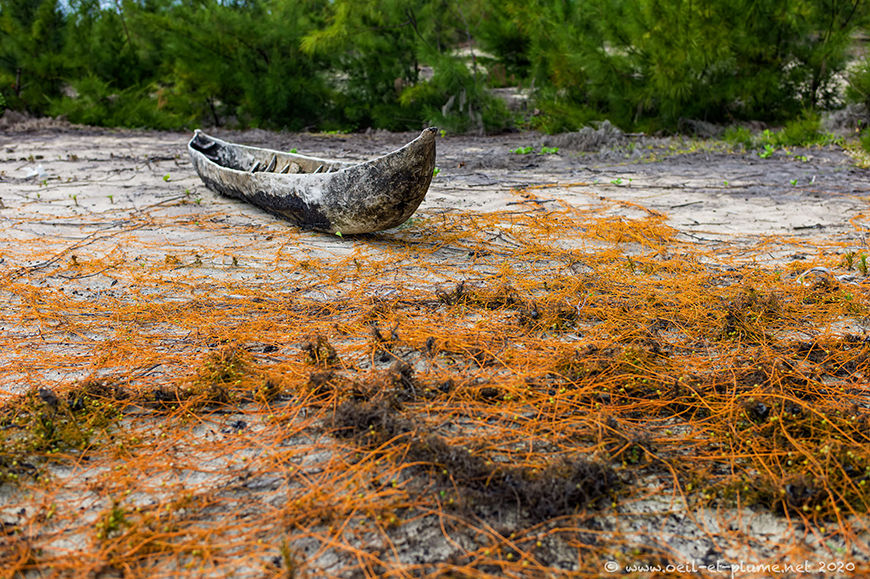
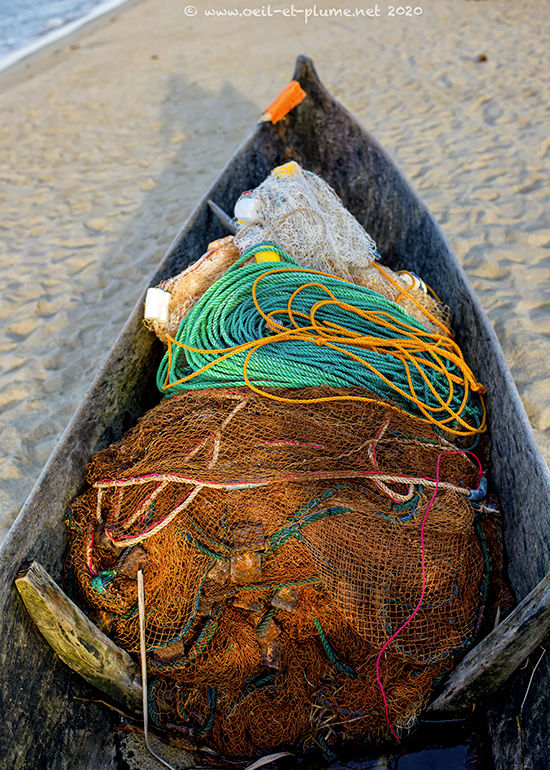
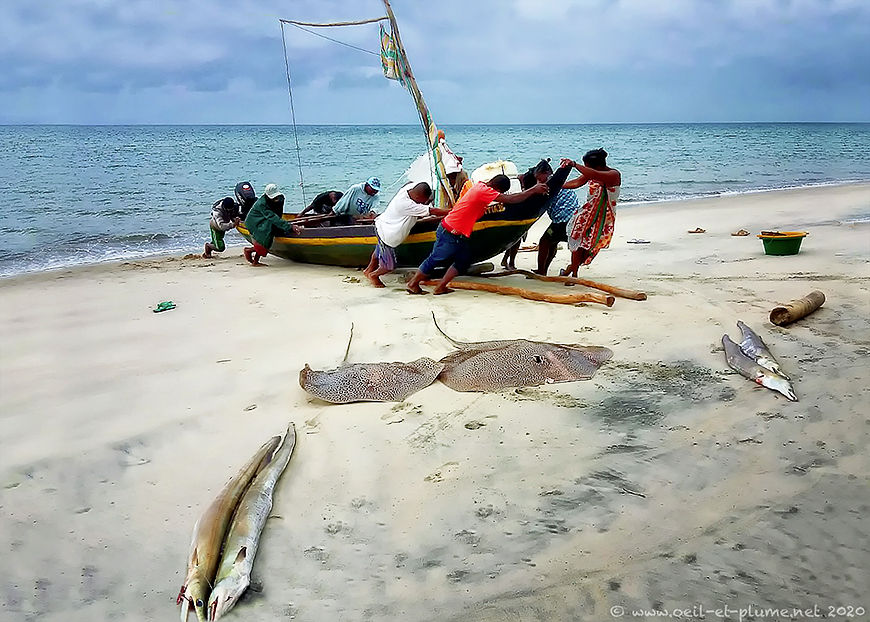
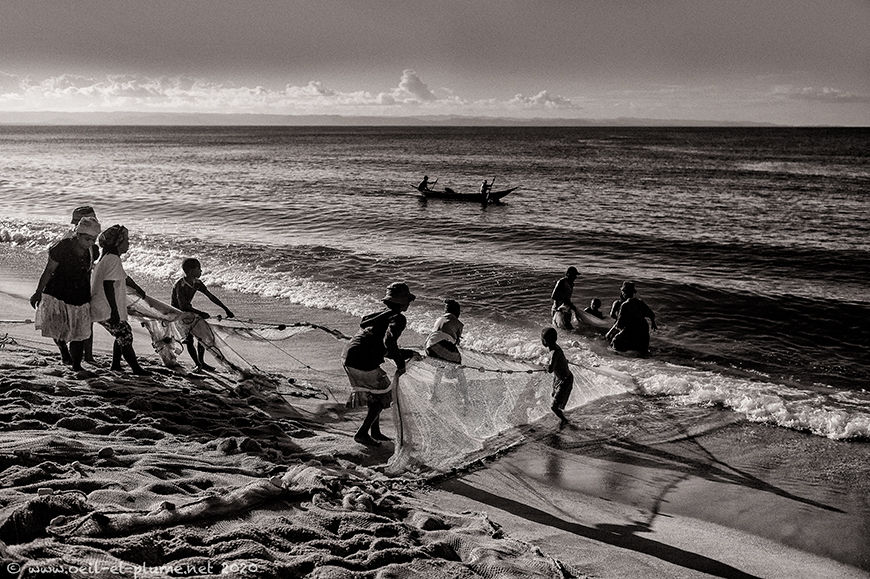
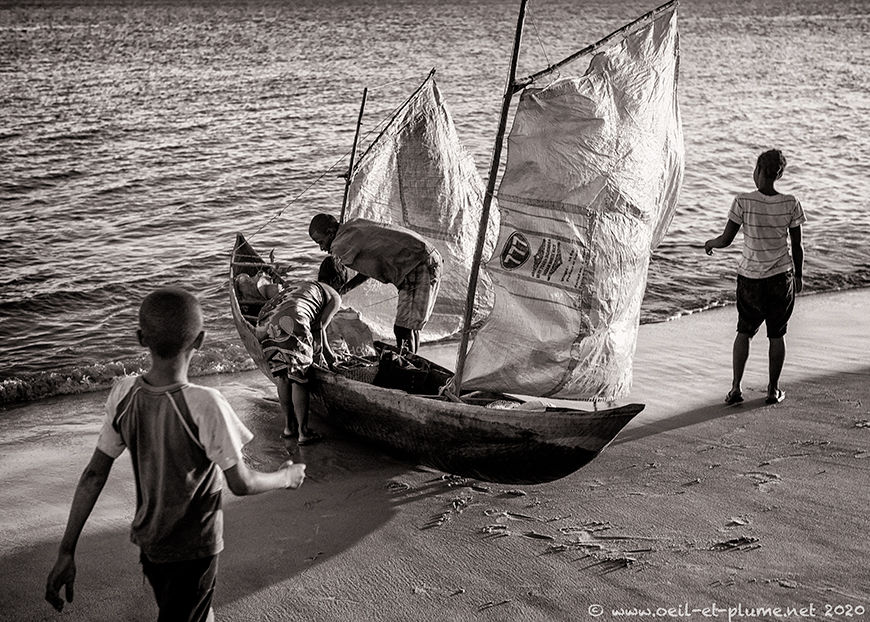
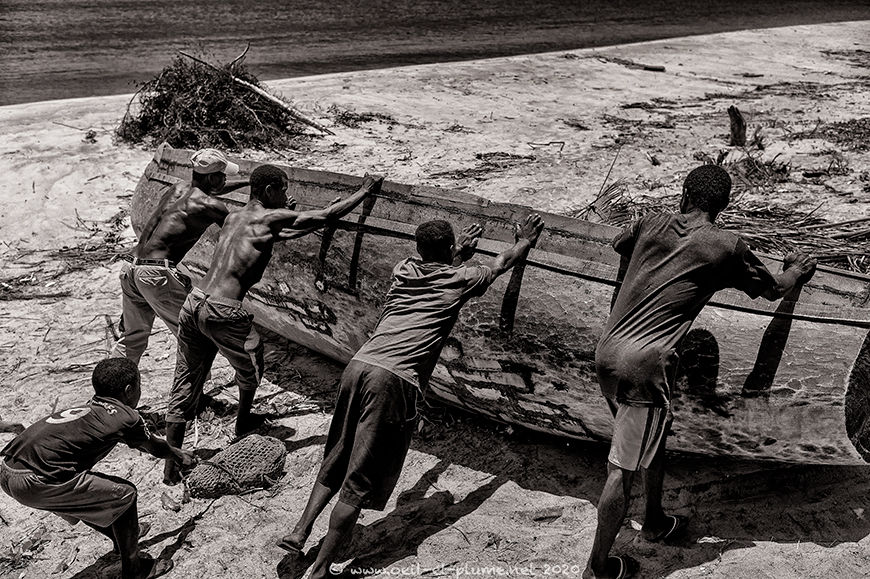
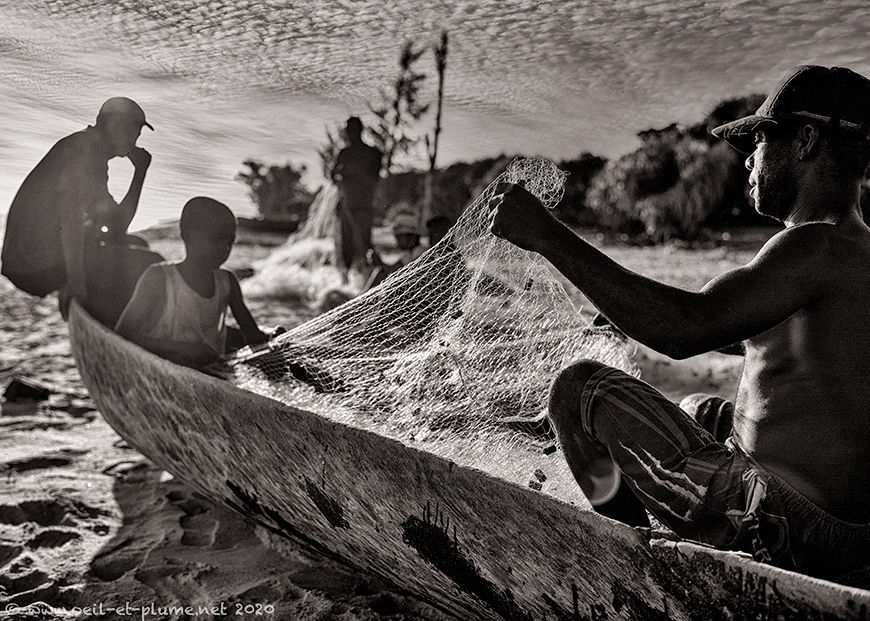
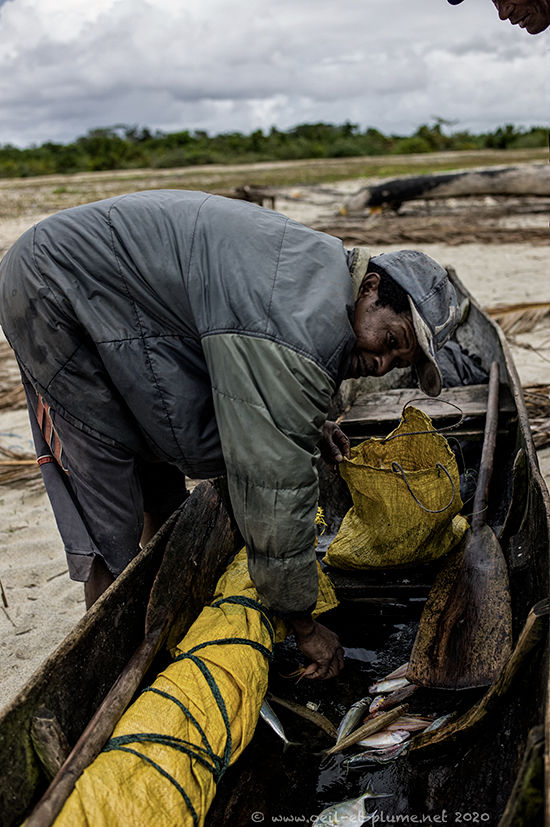
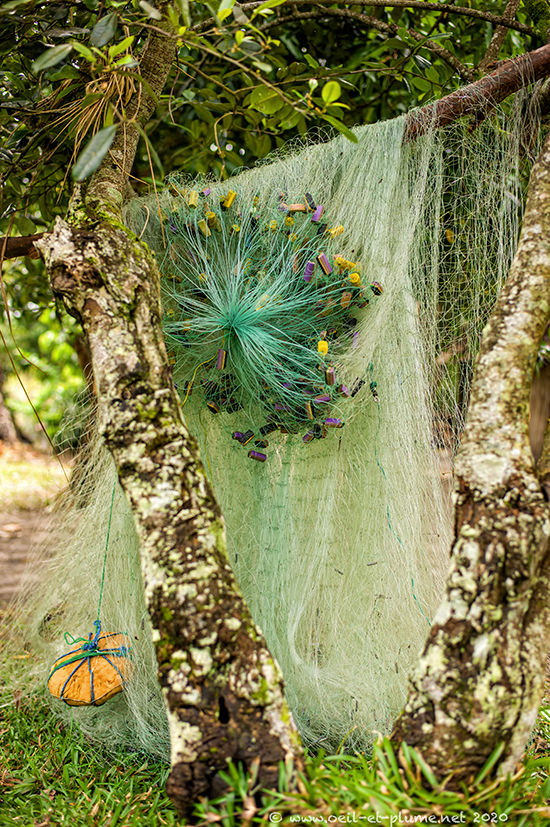
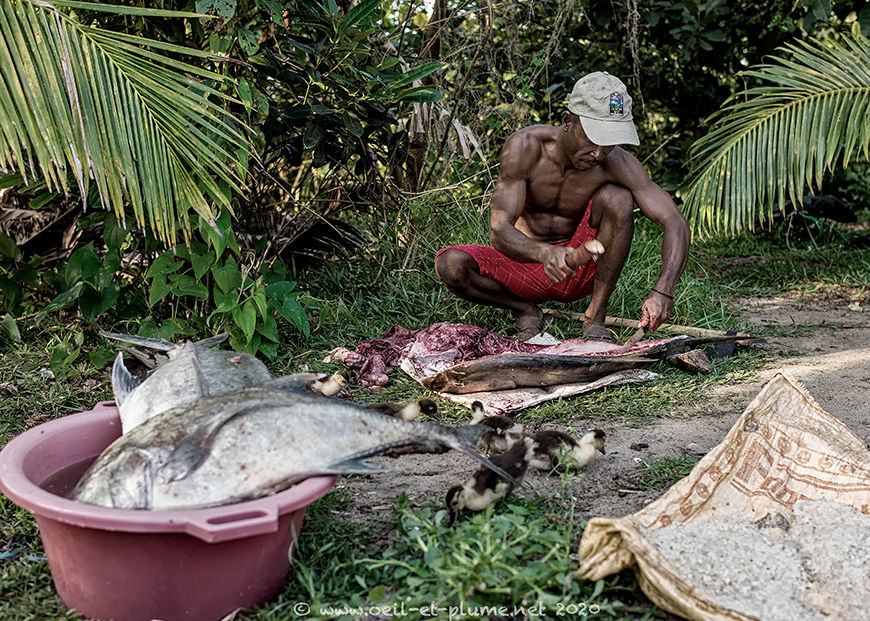
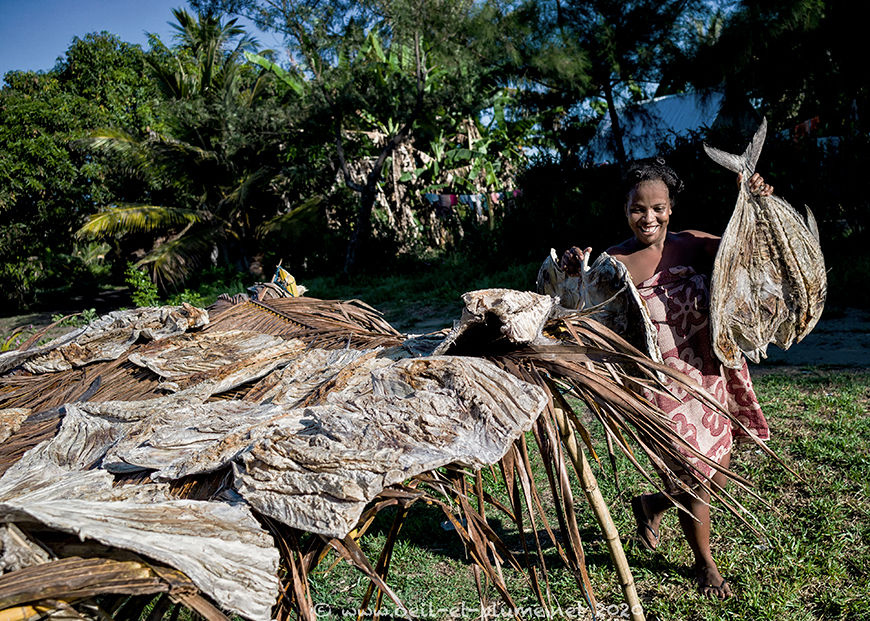
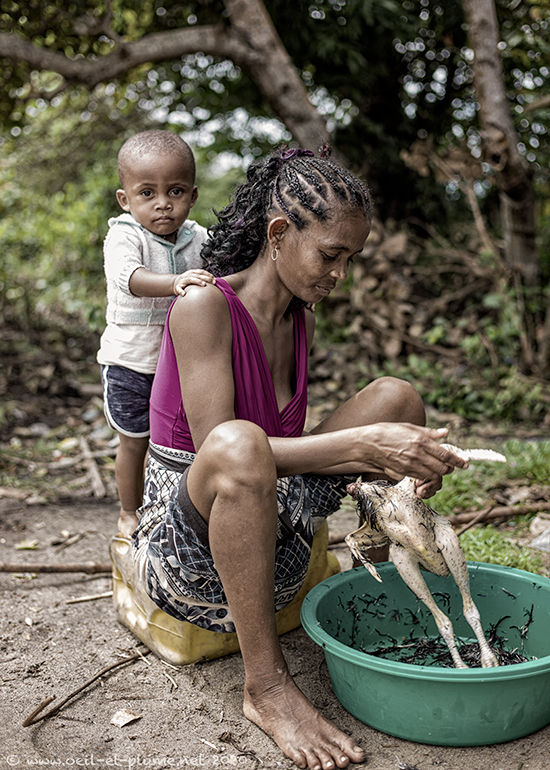
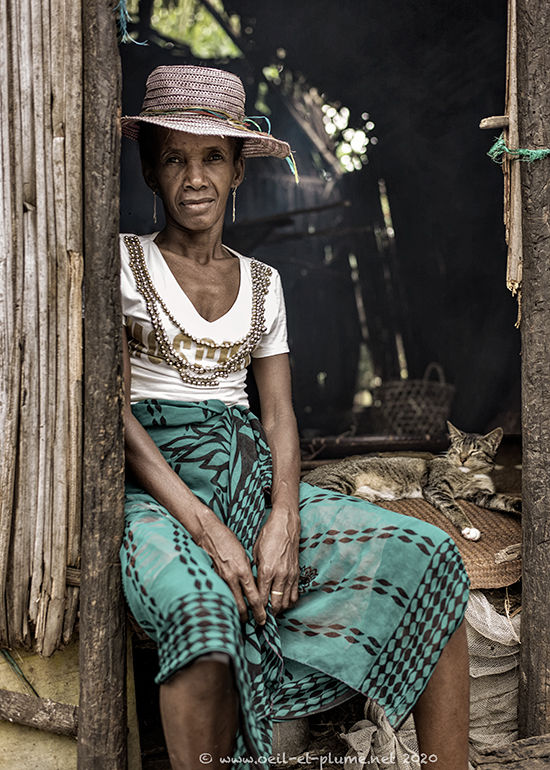
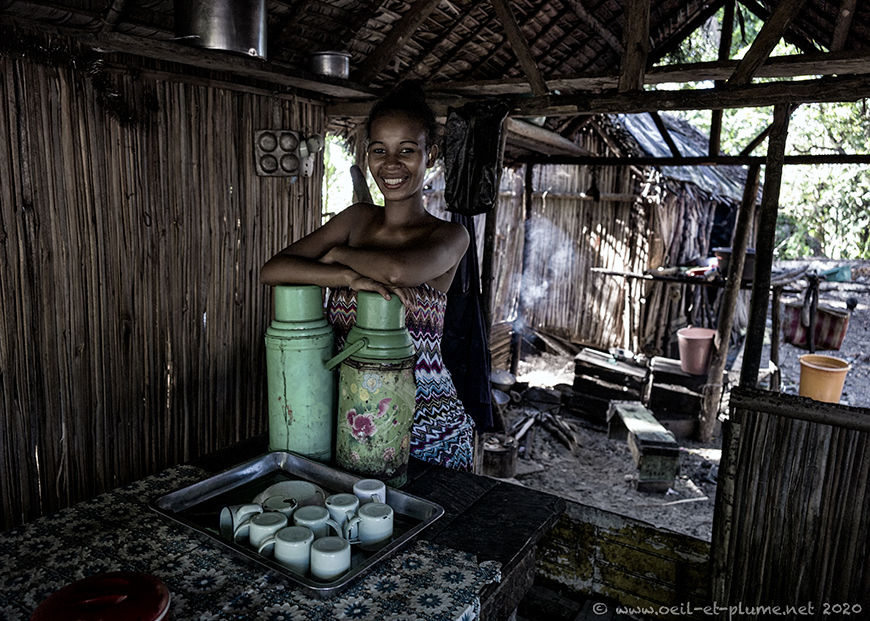
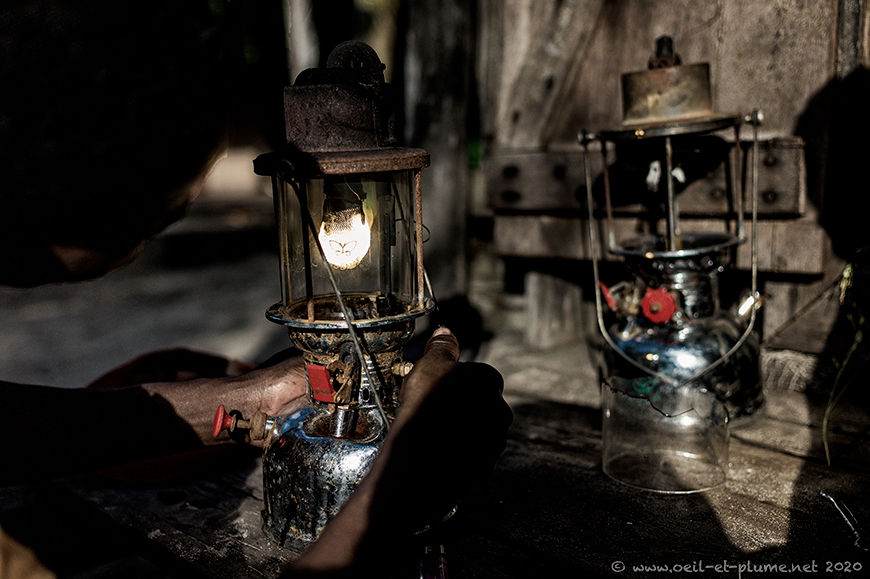
Cheers,